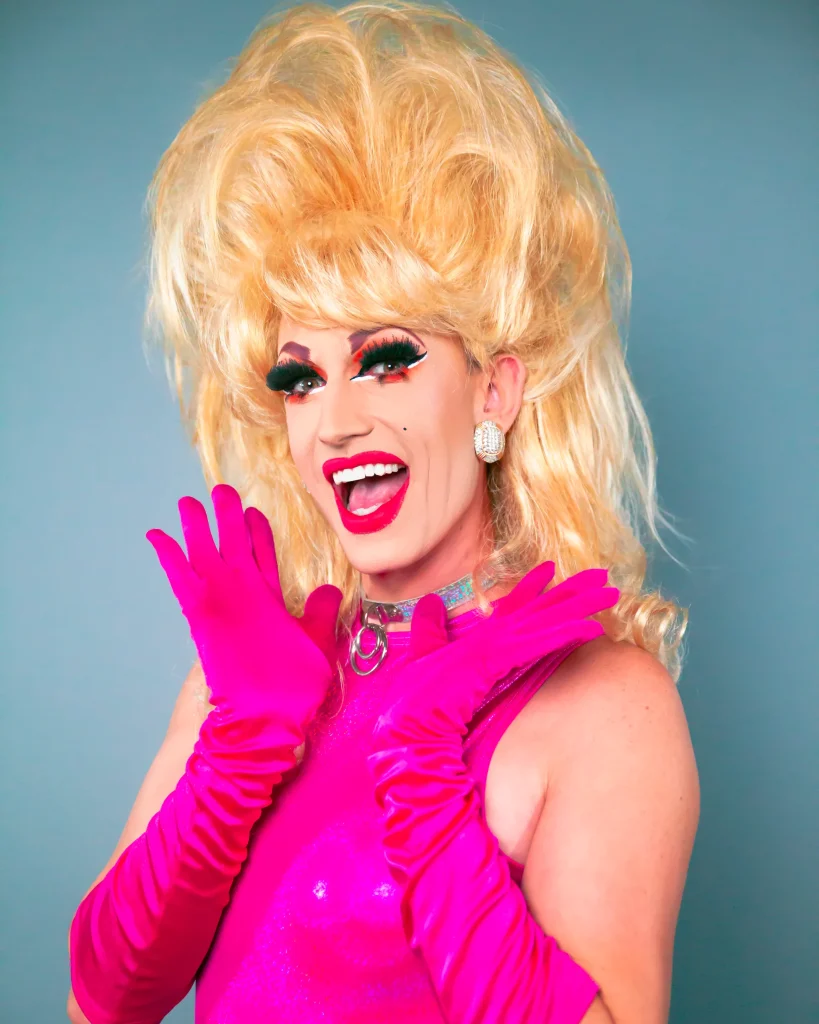Legendary country music performer Reba McEntire has garnered media attention for her divisive comment about drag queens and their interaction with youngsters. The controversial remark has sparked a contentious discussion on social media and in news organizations, dividing people’s views and igniting a nationwide dialogue about inclusivity, free speech, and the place of drag culture in society.
To be concerned about men seeking to disguise themselves as women when we have a serious issue in our nation? “May God grant them the ability to wear those high heels,” McEntire remarked.
McEntire expressed her strong views on the place of drag queens in settings with children. McEntire emphasized her opinion that drag queen performances and interactions should be kept away from young audiences by declaring, “Drag queens don’t belong in the presence of our kids.” Both admirers and detractors have responded enthusiastically to her statement, which was made with the conviction that has long defined her public presence.
Despite her best efforts to avoid politics, country music icon Reba McEntire says she is “disappointed” by the anti-drag measure that Tennessee Governor measure Lee recently signed into law.

McEntire remarked of state lawmakers, “I wish they would spend that much time, energy, and money on feeding the homeless children.”
McEntire’s comments are part of a larger discussion concerning the prominence of LGBTQ+ representation and drag culture in family-friendly environments. Her remark raises a controversial topic: the limits of what constitutes appropriate public performance and shielding kids from material that some societal groups consider unsuitable.
The Support and Reaction
McEntire’s statement sparked an immediate and divisive response. Supporters of McEntire contend that her viewpoint represents a conventional understanding of child protection and family values. They think her remarks support parental control over what kids are exposed to and address valid worries about whether some acts are suitable for younger audiences.
Critics, on the other hand, have strongly disagreed with McEntire’s position, charging her with promoting negative stereotypes and an atmosphere of exclusion. Her remarks are perceived by many as a rejection of the LGBTQ+ community and a denial of the beneficial effects drag culture can have on fostering acceptance and diversity. They contend that drag shows, which are frequently praised for their originality and self-expression, shouldn’t be unjustly vilified or kept out of areas where kids are present.
Leading LGBTQ+ individuals and supporters have criticized McEntire’s comments, claiming that her frame of view undercuts initiatives to establish welcoming spaces for everyone, irrespective of gender identity or sexual orientation. They contend that when handled sensitively and contextually, drag queens, like other performers, can help kids develop a good awareness of variety and self-expression.




